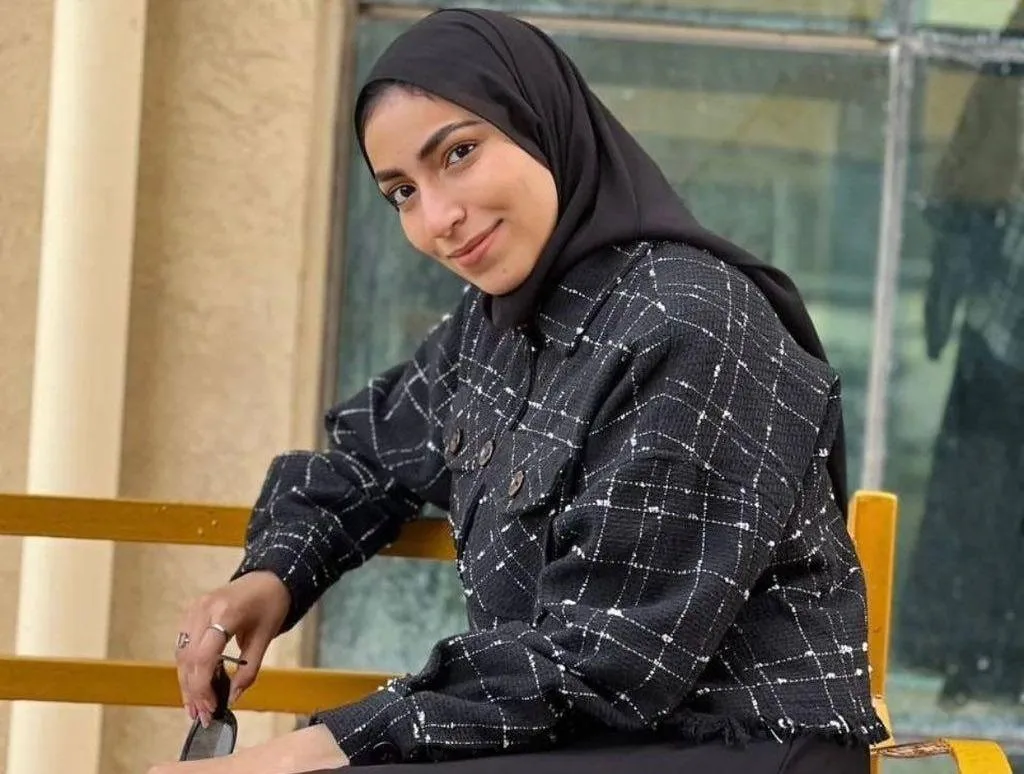The Economic Court has scheduled the trial of 11 individuals accused of spreading false news and rumors about the death of Naira Salah Mahmoud, a student at Al-Arish University. The hearing will take place on April 28, and the charges involve causing public unrest, damaging public interest, and spreading misinformation via social media.
Investigation into the Spreading of False News
The Public Prosecutor’s Office assigned the Ministry of Interior’s Communications and Information Technology Sector to investigate the electronic platforms discussing the case to identify sources of false news or rumors.
The resulting report indicated that several individuals, some of whom had fled abroad, used their social media accounts to spread misinformation. Claims of murder, alleged cover-ups, and university negligence were among the most significant rumors that caused public panic.
The Role of Social Media
One notable suspect is a well-known YouTuber, who uses the alias “Mo Silva.” According to the Ministry of Interior, Mosilva, whose real name is Mohamed Ali, operated personal accounts on TikTok, YouTube, and Facebook with a combined following of about 6 million.
His posts and videos contained false claims that Naira Salah’s assailants threatened to release inappropriate photos of her and poisoned her to silence her. Additionally, there were rumors of university authorities being influenced by the assailants’ families to conceal evidence.
Consequences of Spreading False News
Spreading false news can lead to severe repercussions, as it fosters distrust among the public, disrupts the legal process, and harms the reputation of institutions. In this case, the Public Prosecutor’s Office discovered that these rumors had caused significant public unrest, leading to the arrest and interrogation of suspects.
One individual admitted to posting a video with false information, seeking to increase views and followers. His confession and other evidence prompted the referral of the 11 accused to the Economic Court for trial.
A Closer Look at the Charges
The charges against the accused are severe, emphasizing the importance of maintaining public trust and the need to combat false information. Legal systems worldwide have regulations to address these issues, and this trial could serve as a precedent in tackling misinformation.
The Economic Court’s decision to hold a trial reflects the growing concern over the impact of social media on public opinion. The upcoming hearing will determine whether those accused of spreading false news and rumors will be held accountable for their actions and to what extent they influenced public perception of the tragic death of Naira Salah Mahmoud.









What do you think?
It is nice to know your opinion. Leave a comment.